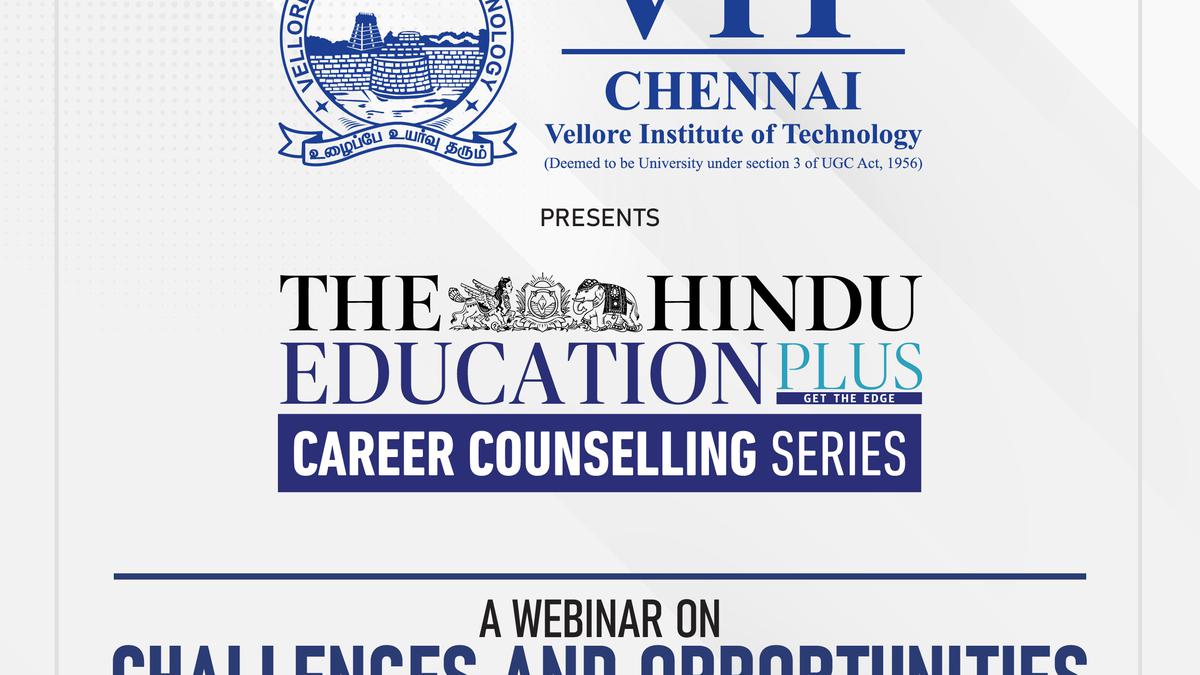
Electric vehicle ecosystem in India needs a push: experts
The Hindu
Experts discuss challenges & opportunities in Electric Vehicles (EVs) adoption in India, with focus on battery, cost, safety & charging infrastructure.
The global use of Electric Vehicles (EVs) may be relatively low, but they are being rapidly adopted in several countries as concerns over air pollution and sustainability take the centre stage.
According to academic and industry experts, the EV landscape in India is still evolving and requires an intense and a collaborative approach in electric mobility with government regulations in place. At a webinar on ‘Challenges And Opportunities in Electric Vehicles’ organised as part of The Hindu Education Plus Career Counselling series with VIT Chennai, three professors from the institute — Dr. Lenin N.C. from the School of Electrical Engineering, and Dr. Manavalla Sreekanth and Dr. M.B. Shyam Kumar from the School of Mechanical Engineering — explained the working of EVs, its manufacturing, control and management systems vis-à-vis cost and safety.
They pointed out that the main challenge was the battery, which constitutes 60% of an EV’s price making it less affordable in the Indian market. Also, anxiety over the distance that can be travelled per battery charge is a cause for concern.
Though automotive manufactures are transitioning their fleets to EV mode, the lack of widespread charging infrastructure is another impediment to its adoption. They said VIT was carrying out extensive research for the future growth of automotive electrification.
Industry expert R. Ramanathan Srinivasan, managing director of Chennai-based Automotive Test Systems, said the industry and academia needed to address the issue of energy-efficient motors, motor controller, battery and powertrain, and optimise EV costs. “In India, IC [Internal Combustion] Engines, hybrid models and pure EVs will co-exist. IC engines rule the market now. No suitable controllers are made in India and neither are there many testing facilities for EV manufacturers here,” he said.
“India needs to reduce its import bill in terms of fuel as the future is going to be alternative energy,” he added. To watch the webinar, visit: https://bit.ly/3Ry7qKB

After Leader of the Opposition in the Assembly R. Ashok’s prediction on Saturday that Chief Minister Siddaramaiah will step down in November 2025 triggered intense political discussions in the State, Home Minister G. Parameshwara on Sunday said Mr. Siddaramaiah will continue for the full five-year term.

 Run 3 Space | Play Space Running Game
Run 3 Space | Play Space Running Game
 Traffic Jam 3D | Online Racing Game
Traffic Jam 3D | Online Racing Game
 Duck Hunt | Play Old Classic Game
Duck Hunt | Play Old Classic Game
















